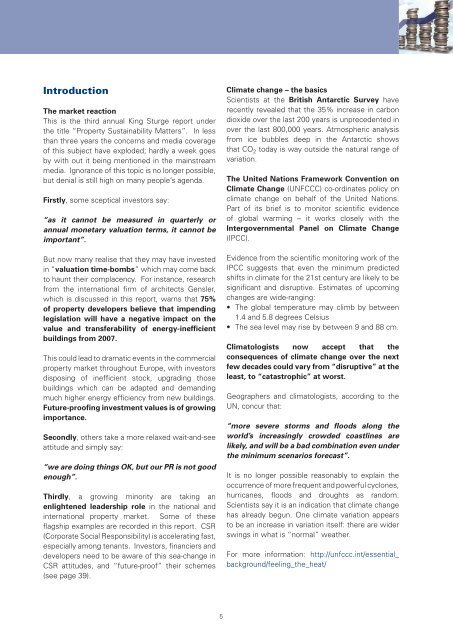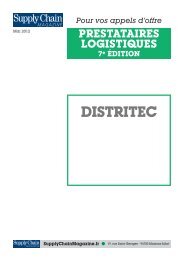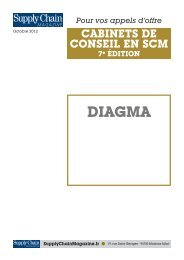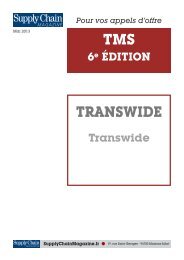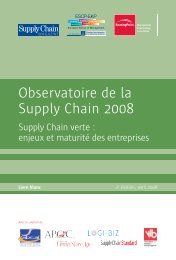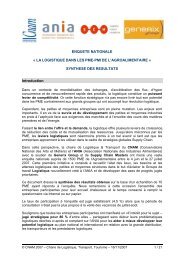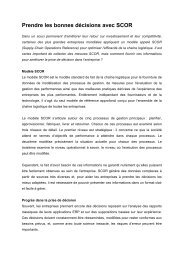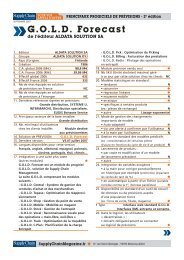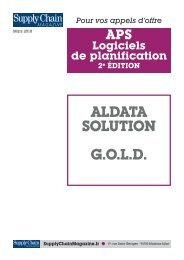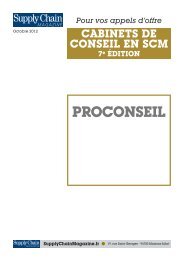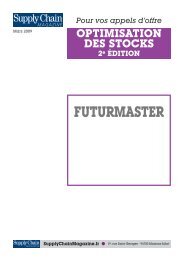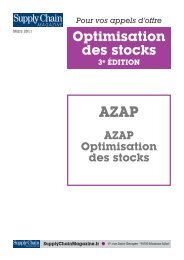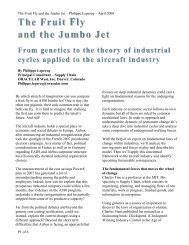European Property Sustainability Matters European Property ...
European Property Sustainability Matters European Property ...
European Property Sustainability Matters European Property ...
You also want an ePaper? Increase the reach of your titles
YUMPU automatically turns print PDFs into web optimized ePapers that Google loves.
Introduction<br />
The market reaction<br />
This is the third annual King Sturge report under<br />
the title “<strong>Property</strong> <strong>Sustainability</strong> <strong>Matters</strong>”. In less<br />
than three years the concerns and media coverage<br />
of this subject have exploded; hardly a week goes<br />
by with out it being mentioned in the mainstream<br />
media. Ignorance of this topic is no longer possible,<br />
but denial is still high on many people’s agenda.<br />
Firstly, some sceptical investors say:<br />
“as it cannot be measured in quarterly or<br />
annual monetary valuation terms, it cannot be<br />
important”.<br />
But now many realise that they may have invested<br />
in “valuation time-bombs” which may come back<br />
to haunt their complacency. For instance, research<br />
from the international firm of architects Gensler,<br />
which is discussed in this report, warns that 75%<br />
of property developers believe that impending<br />
legislation will have a negative impact on the<br />
value and transferability of energy-inefficient<br />
buildings from 2007.<br />
This could lead to dramatic events in the commercial<br />
property market throughout Europe, with investors<br />
disposing of inefficient stock, upgrading those<br />
buildings which can be adapted and demanding<br />
much higher energy efficiency from new buildings.<br />
Future-proofing investment values is of growing<br />
importance.<br />
Secondly, others take a more relaxed wait-and-see<br />
attitude and simply say:<br />
“we are doing things OK, but our PR is not good<br />
enough”.<br />
Thirdly, a growing minority are taking an<br />
enlightened leadership role in the national and<br />
international property market. Some of these<br />
flagship examples are recorded in this report. CSR<br />
(Corporate Social Responsibility) is accelerating fast,<br />
especially among tenants. Investors, financiers and<br />
developers need to be aware of this sea-change in<br />
CSR attitudes, and “future-proof” their schemes<br />
(see page 39).<br />
Climate change – the basics<br />
Scientists at the British Antarctic Survey have<br />
recently revealed that the 35% increase in carbon<br />
dioxide over the last 200 years is unprecedented in<br />
over the last 800,000 years. Atmospheric analysis<br />
from ice bubbles deep in the Antarctic shows<br />
that CO 2 today is way outside the natural range of<br />
variation.<br />
The United Nations Framework Convention on<br />
Climate Change (UNFCCC) co-ordinates policy on<br />
climate change on behalf of the United Nations.<br />
Part of its brief is to monitor scientific evidence<br />
of global warming – it works closely with the<br />
Intergovernmental Panel on Climate Change<br />
(IPCC).<br />
Evidence from the scientific monitoring work of the<br />
IPCC suggests that even the minimum predicted<br />
shifts in climate for the 21st century are likely to be<br />
significant and disruptive. Estimates of upcoming<br />
changes are wide-ranging:<br />
• The global temperature may climb by between<br />
1.4 and 5.8 degrees Celsius<br />
• The sea level may rise by between 9 and 88 cm.<br />
Climatologists now accept that the<br />
consequences of climate change over the next<br />
few decades could vary from “disruptive” at the<br />
least, to “catastrophic” at worst.<br />
Geographers and climatologists, according to the<br />
UN, concur that:<br />
“more severe storms and floods along the<br />
world’s increasingly crowded coastlines are<br />
likely, and will be a bad combination even under<br />
the minimum scenarios forecast”.<br />
It is no longer possible reasonably to explain the<br />
occurrence of more frequent and powerful cyclones,<br />
hurricanes, floods and droughts as random.<br />
Scientists say it is an indication that climate change<br />
has already begun. One climate variation appears<br />
to be an increase in variation itself: there are wider<br />
swings in what is “normal” weather.<br />
For more information: http://unfccc.int/essential_<br />
background/feeling_the_heat/


